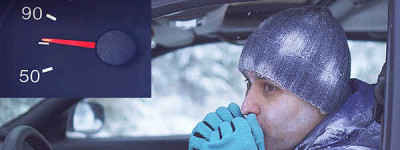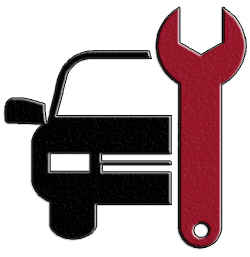Why does my car take so long to warm up?
Many drivers often wonder why their car takes a significant amount of time to warm up, especially during colder weather. Several factors contribute to this phenomenon, affecting both older and newer vehicles.

Understanding these reasons can help you better care for your car and improve its performance.
Engine Design and Operation
- Explanation: The design and operation of your car’s engine play a crucial role in how quickly it warms up.
- Details: Modern engines are designed to run more efficiently at higher temperatures for better fuel economy and emissions control. However, this means they take longer to reach their optimal operating temperature compared to older engines.
Ambient Temperature
- Explanation: Ambient temperature, especially in colder climates, significantly affects how quickly your car warms up.
- Details: When it’s cold outside, your engine has to work harder to heat up because it’s losing heat to the surrounding environment faster. This prolongs the warm-up time, particularly in extreme cold conditions.
Engine Oil Viscosity
- Explanation: The viscosity or thickness of your engine oil impacts how quickly it circulates and lubricates engine components during startup.
- Details: In colder temperatures, oil becomes thicker, which increases resistance to flow. Thicker oil takes longer to reach critical engine components, resulting in a longer warm-up time.
Fuel Mixture
- Explanation: The air-fuel mixture ratio affects how efficiently your engine combusts fuel during startup.
- Details: During cold starts, engines often run richer fuel mixtures to aid combustion. While this helps start the engine in cold conditions, it also prolongs the warm-up time as the engine needs to burn off excess fuel to reach optimal operating conditions.
What You Can Do?

Tips:
- Park your car in a garage or use a car cover to shield it from cold temperatures.
- Consider using a block heater to preheat the engine, reducing warm-up time.
- Use a thinner viscosity oil during colder months to improve cold-start performance.
- Avoid idling your car for extended periods to warm it up; instead, drive gently until it reaches operating temperature.
Facts

- Idling your car for prolonged periods to warm it up wastes fuel and contributes to air pollution.
- Modern fuel-injected engines warm up faster than older carbureted engines due to more precise fuel delivery and engine management systems.
- Electric vehicles (EVs) do not require a warm-up period since their electric motors generate instant heat, making them more efficient in colder climates.
Understanding why your car takes longer to warm up can help you take proactive steps to minimize warm-up time and improve overall efficiency, saving both time and fuel in the long run.












